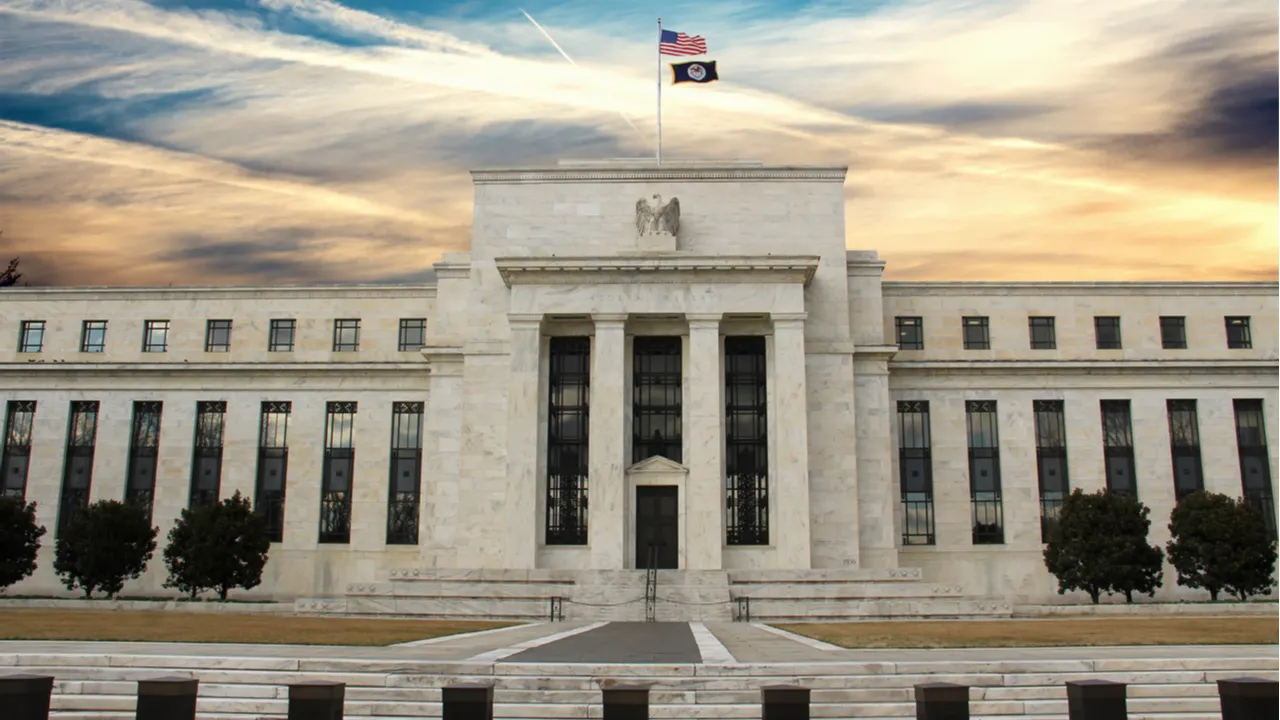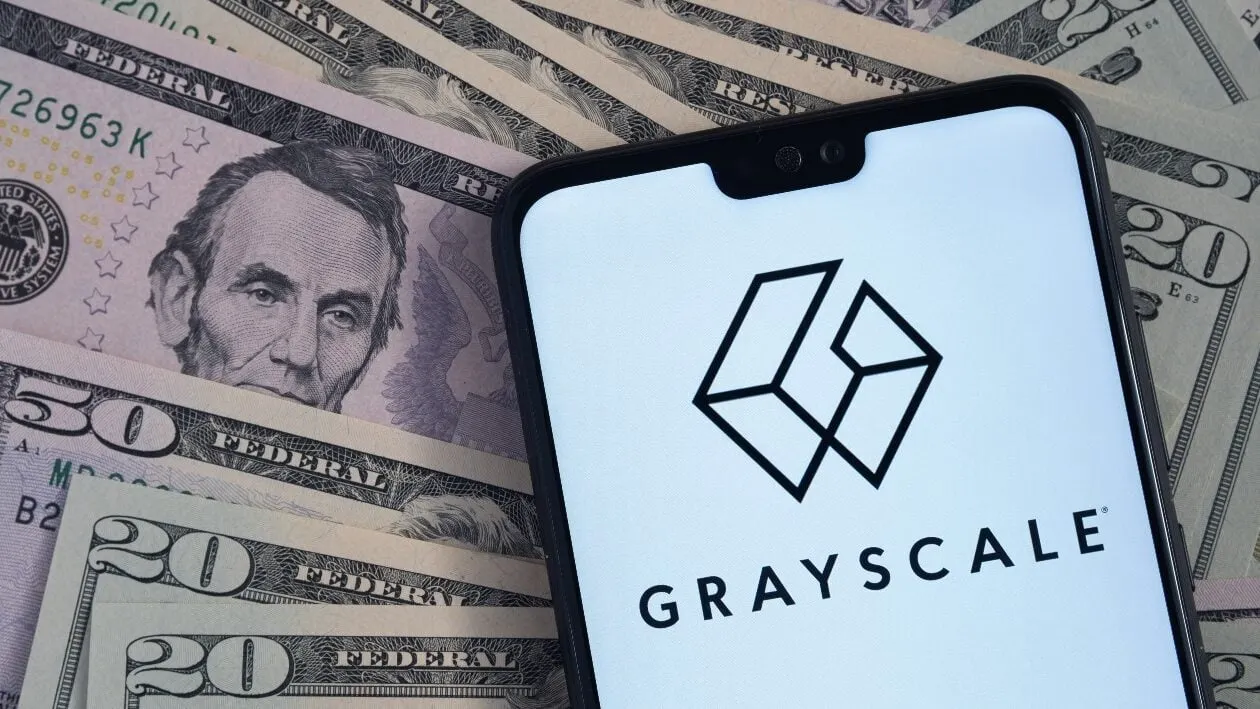Yesterday, Bitcoin spot exchange-traded funds (ETFs) saw record-high net outflows of $671.9 million—the highest ever reported since they launched in January.
The Grayscale Bitcoin Trust (GBTC) lost the most capital with $208.6 million, followed by the ARK 21Shares Bitcoin ETF losing $108.4 million, according to Farside Investors data. This outflow aligned with a downturn in Bitcoin’s price, which is trading at under $93,000 at the time of writing after losing 9.2% over the 24 hours to press time, according to CoinMarketCap data.
Major crypto market maker Wintermute wrote in today’s note to investors that “after stabilizing early in yesterday's session, spot prices turned lower following the U.S. market open, driven by fresh rounds of selling.”
The crypto market apparently “mirrored declines in equities and bonds” as traders decided to decrease their risk exposure “ahead of the typically low-liquidity holiday season," Wintermute wrote.

Here's How The Fed's Anticipated Rate Cut Could Impact Crypto
Bitcoin's Sunday evening surge beyond $105,000 comes amid broader market anticipation of the Federal Reserve's expected interest rate cut, though analysts increasingly view the monetary policy shift as confirmation rather than a catalyst for the alpha crypto's next moves. The leading crypto gained 3.5% over the past 24 hours to reach $105,004, extending its yearly advance beyond 140% as multiple tailwinds, including the recent U.S. election outcome and spot ETF inflows, set it off on a bullish m...
The Federal Reserve was expected to reduce rates by 25 basis points to between 4.25% and 4.50% at Wednesday’s Federal Open Market Committee (FOMC) meeting—the last one this year.
“Heading into the FOMC meeting—widely anticipated to be a 'non-event' —the market already showed signs of fragility,” which “translated into a move lower in spot as trad markets reacted to what appeared to be a shift in [Federal Reserve Chairman Jesse] Powell's tone.”
“The immediate interpretation is that the FED has transitioned toward a more neutral stance by signaling a slowdown in the pace of rate cuts,” Wintermute highlighted.
Founder of Obchakevich Research Alex Obchakevich told Decrypt that he believes “investors are likely to start taking profits due to the uncertainty caused by the Fed's policy.” He said that “the market was expecting more aggressive rate cuts in the future, but now the Fed's projections suggest only two rate cuts in 2025 instead of four.”

Grayscale Bitcoin Trust BTC Holdings Dropped 55% in First Half of 2024
Grayscale Investments disclosed Friday that its flagship Bitcoin fund has shed more than 348,000 Bitcoin in its past two quarters as investors bail for other funds. That's a sum valued at around $22.4 billion based on today’s prices. Not long before the Grayscale Bitcoin Trust (GBTC) converted into a spot Bitcoin ETF in January, the fund held close to 620,000 Bitcoin. In a regulatory filing with the Securities and Exchange Commission (SEC), Grayscale stated that figure has since fallen below 276...
Ajay Dhingra, Head of Research and Analytics at DeFi protocol Unizen, believes that the outflows “were driven by profit-taking amid recent market volatility and a shift to lower-fee alternatives.”
He highlighted that “Grayscale’s 1.5% annual management fee is notably higher than other ETFs, which typically charge 0.2–0.3%.” The comments follow this summer’s reports that GBTC shed more than 348,000 Bitcoin in two quarters alone.
Still, Dhingra believes that a new trigger for a Bitcoin bull run is near in the future. “The next catalyst for Bitcoin is SEC Chair Gary Gensler’s departure on Jan. 20,” he said. Dhingra also raised concern that “increased regulatory scrutiny before his term ends may trigger a huge selloff.”
Edited by Stacy Elliott.




